What Is Urfa Pepper and Why Chefs Swear By It
Urfa pepper (Isot biberi) is a Turkish specialty chili with deep burgundy-to-purple flakes that delivers complex smoky-sweet flavor at moderate heat levels. Unlike common substitutes like paprika or cayenne, authentic Urfa pepper undergoes a unique 10-day sun-curing process in Şanlıurfa, Turkey that creates its signature campfire aroma and raisin-like sweetness without artificial smoking. This guide reveals exactly how to identify genuine Urfa pepper, simple ways to use it in everyday cooking, and where to find authentic sources - information that solves the top frustrations home cooks face with this misunderstood spice.
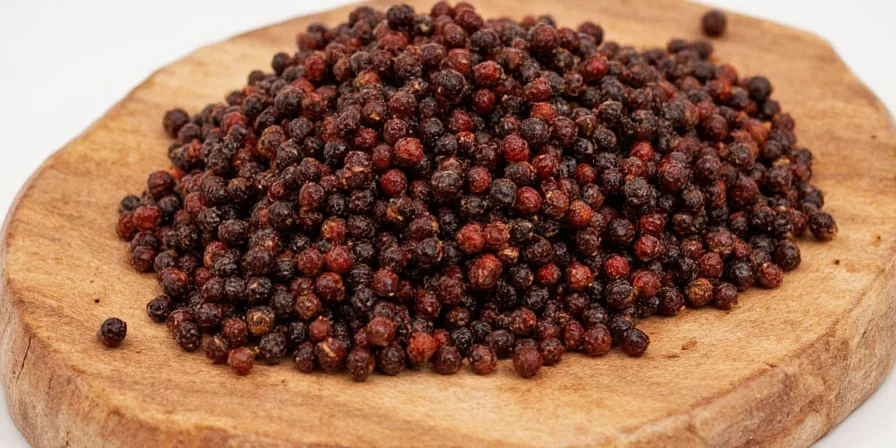
Figure 1: Authentic Urfa pepper shows deep burgundy-to-purple color from proper sun-curing
Urfa Pepper Basics: What Makes It Different
Most people confuse Urfa pepper with Aleppo pepper, but they're distinctly different:
- Origin: True Urfa comes only from Şanlıurfa province in Turkey (look for Turkish phytosanitary certificate)
- Color: Deep burgundy-to-purple (imitations are usually red)
- Heat level: Moderate (25,000-30,000 Scoville) - milder than cayenne but with more complexity
- Flavor profile: Smoky-sweet with notes of raisin and tobacco (not just heat)
Simple Ways to Use Urfa Pepper in Everyday Cooking
Forget complicated techniques - these easy methods work for home cooks:
Quick Application Guide for Common Dishes
| Dish Type | How Much to Use | When to Add | What It Does |
|---|---|---|---|
| Grilled meats | 1 tsp per pound | Last 2 minutes of cooking | Adds smoky depth without burning |
| Hummus/dips | ½ tsp per cup | After blending | Creates restaurant-style finish |
| Roasted vegetables | ¼ tsp per serving | After roasting | Preserves delicate flavor compounds |
| Popcorn | ½ tsp per batch | After popping | Better than chili powder |
| BBQ sauce | 1 tsp per cup | During final simmer | Boosts smokiness naturally |
Urfa Pepper vs Aleppo: How to Tell Them Apart
This is the #1 confusion point for buyers. Here's how to identify authentic Urfa:
- Color test: Rub between fingers - genuine Urfa leaves dark purple stains (Aleppo is red)
- Smell test: Authentic Urfa has deep smoky aroma (Aleppo smells fruitier)
- Moisture check: Urfa should feel slightly moist (8-12% moisture content)
- Certification: Look for 'Şanlıurfa İklim Şartlarında Üretilmiştir' on packaging
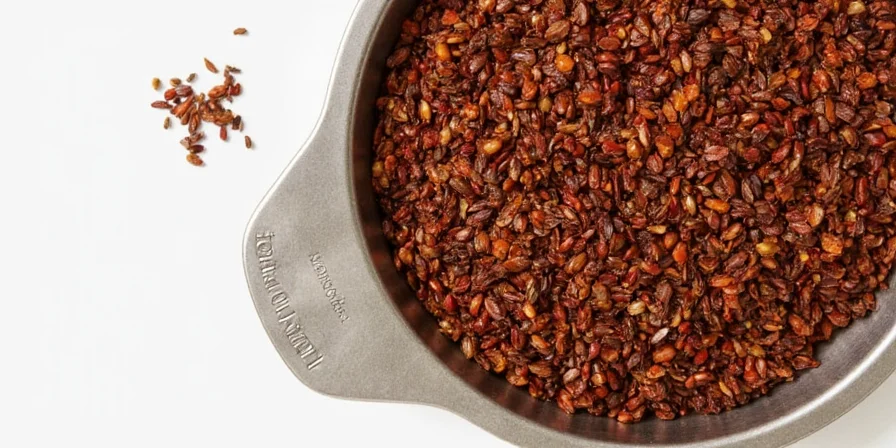
Figure 2: Only peppers grown in Şanlıurfa province qualify as true Urfa pepper
Where to Buy Authentic Urfa Pepper
Avoid supermarket imitations with these proven sourcing methods:
Best Online Sources (2025 Verified)
- For US buyers: Urfa Biber from Spice House (carries Turkish phytosanitary certificate)
- Budget option: Urfa pepper from Turkish Goods (check for purple color in product images)
- Professional grade: Şanlıurfa Isot Biberi on Amazon Turkey (ships internationally)
Avoid these red flags: Bright red color, crystal-clear appearance (indicates sulfur dioxide treatment), prices under $8/ounce.
Urfa Pepper Substitute Guide
Can't find authentic Urfa? These substitutions work in a pinch:
- Best overall substitute: Mix 1 part smoked paprika + 1 part ancho chili powder + pinch of cocoa powder
- For grilling: Chipotle powder (use 30% less as it's hotter)
- For dips: Regular paprika with 2 drops liquid smoke (not ideal but works)
- Emergency option: Cayenne pepper mixed with a tiny bit of brown sugar (¼ tsp sugar per tsp cayenne)
Frequently Asked Questions
What does Urfa pepper taste like?
Imagine smoky campfire notes blended with raisin sweetness and moderate heat - it's complex without being overwhelming. Unlike cayenne which is pure heat, Urfa adds dimension to dishes.
Is Urfa pepper hotter than cayenne?
No, Urfa (25,000-30,000 Scoville) is milder than cayenne (30,000-50,000 Scoville). Its heat builds slowly and fades faster than cayenne's sharp burn.
How should I store Urfa pepper?
Keep in airtight container away from light. Vacuum sealing extends freshness to 18 months (vs 6 months in clear containers). Never refrigerate - moisture ruins texture.
Can I use Urfa pepper in baking?
No - heat above 150°C degrades its flavor compounds. Use smoked paprika instead for baked goods needing smokiness.
Why is my Urfa pepper not smoky?
You likely have Aleppo pepper instead. True Urfa must come from Şanlıurfa province - verify the Turkish phytosanitary certificate.
Is Urfa pepper safe for acid reflux?
Yes - its balanced capsaicin profile causes less gastric irritation than pure capsaicin sources like cayenne.
Simple Urfa Pepper Starter Recipes
Try these foolproof applications that work every time:
5-Minute Urfa Hummus Upgrade
Mix ½ tsp Urfa pepper with 2 tbsp warm olive oil, then swirl into finished hummus. The oil carries flavor compounds that water-based blends miss.
Steak Seasoning Blend
Combine 1 tsp Urfa pepper + 1 tsp garlic powder + ½ tsp black pepper. Apply during last 2 minutes of grilling for perfect smoky crust.
Roasted Vegetable Finisher
Toss roasted carrots or potatoes with ¼ tsp Urfa pepper + squeeze of lemon juice. The acid brightens the smoky notes.
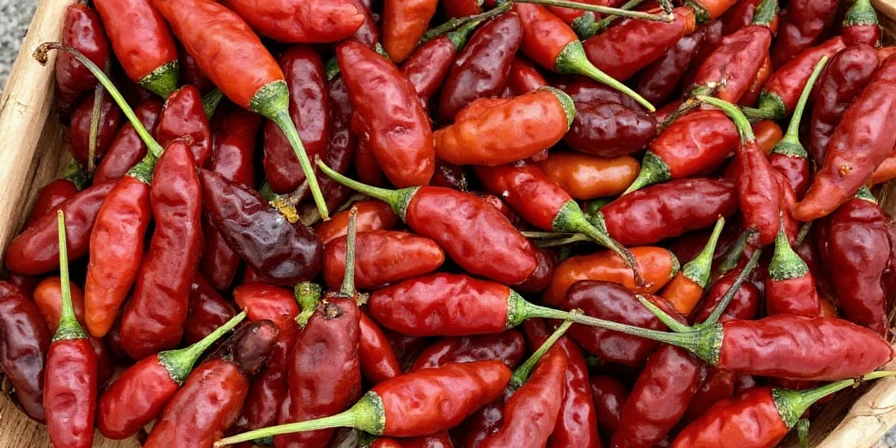
Figure 3: Urfa pepper creates superior crust on grilled meats compared to standard chili powders
Why This Matters for Home Cooks
Understanding the difference between authentic Urfa pepper and imitations solves the frustration of buying "Urfa" that lacks smokiness. By using the color test and checking for proper certification, you'll consistently get the complex flavor chefs rely on. The simple application guidelines ensure you use it correctly - adding at the right time so heat doesn't destroy delicate flavor compounds. These small adjustments transform ordinary dishes into restaurant-quality meals without special equipment or skills.
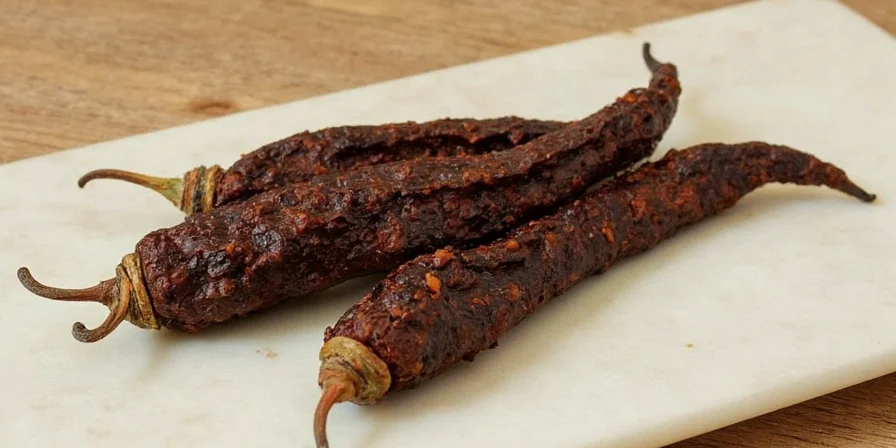
Figure 4: Authentic Urfa pepper stands out with its distinctive purple hue compared to other spice blends

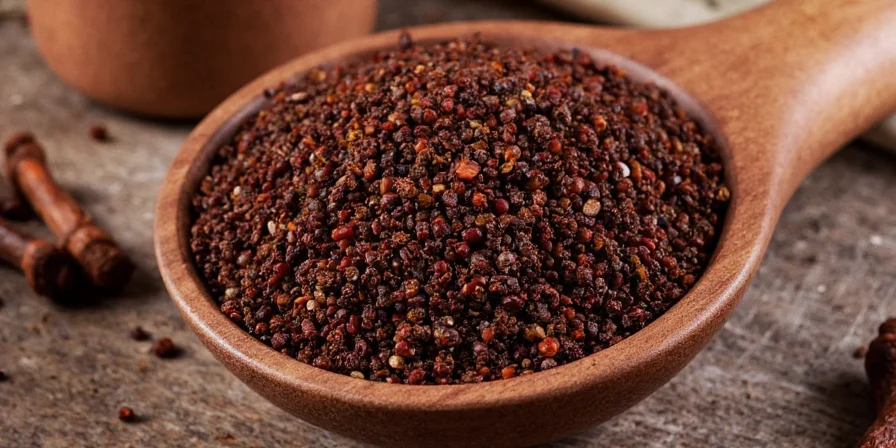









 浙公网安备
33010002000092号
浙公网安备
33010002000092号 浙B2-20120091-4
浙B2-20120091-4